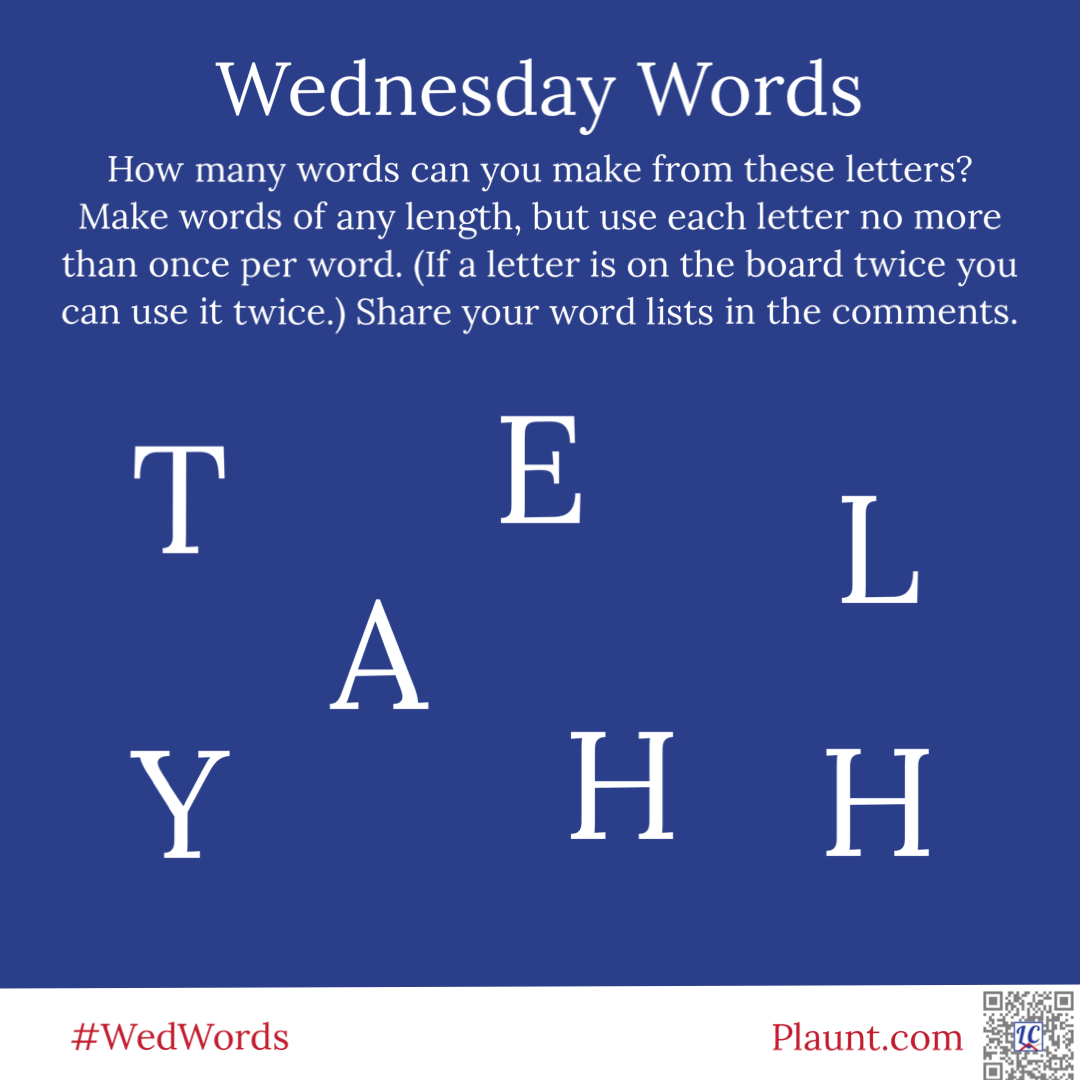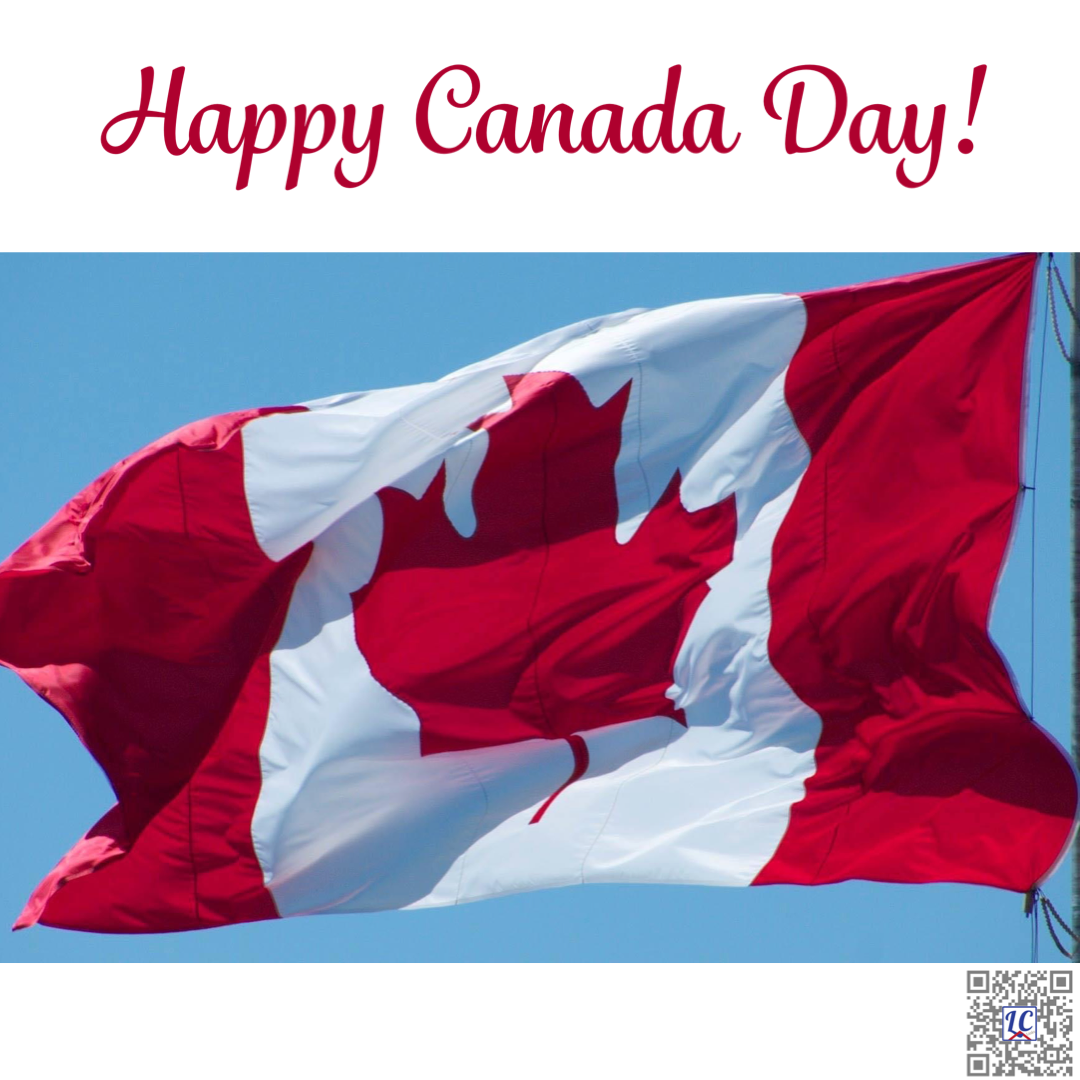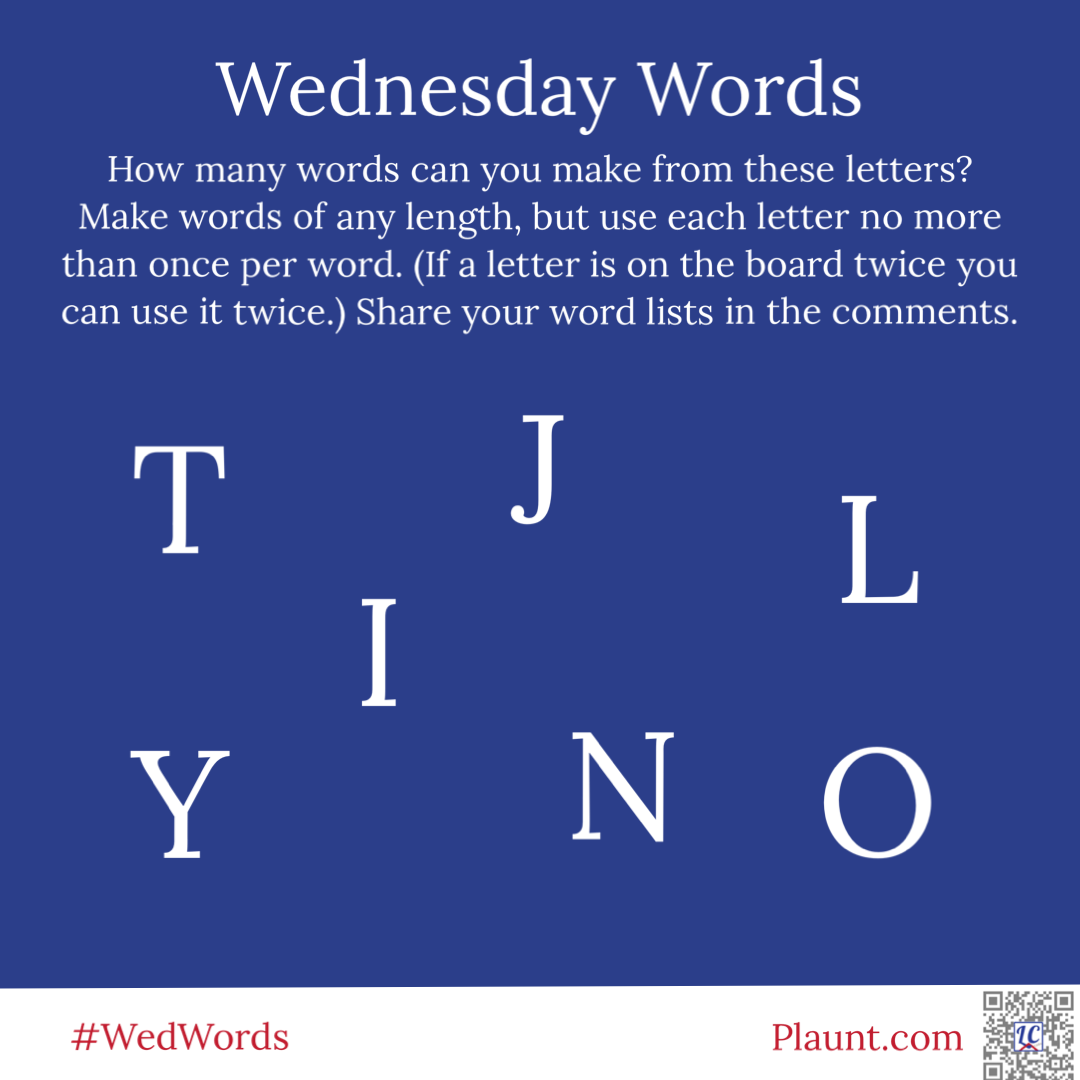How many words can you make from these letters? Make words of any length, but use each letter no more than once per word. (If a letter is on the board twice you can use it twice.) Share your word lists in the comments.

How many words can you make from these letters? Make words of any length, but use each letter no more than once per word. (If a letter is on the board twice you can use it twice.) Share your word lists in the comments.

In two sentences tell me what you have learned about marketing recently.
about: (adverb) approximately, almost, in the opposite direction; in no particular direction; all around; (preposition) on the subject of; in the vicinity of; (adjective) nearby a bout: (indefinite article + noun) contest, match; period of time, especially to deal with something (e.g., a bout of the flu)

For a weekly dose of language-based humour, visit my Facebook page at https://facebook.com/lcplauntMEd
Injustice and oppression thrive in places
~Seth Nichols
where the norms are never questioned.
How many words can you make from these letters? Make words of any length, but use each letter no more than once per word. (If a letter is on the board twice you can use it twice.) Share your word lists in the comments.

In two sentences tell me what you have learned about editing recently.
fell: (adjective) evil, cruel, sinister, deadlyPart of the expression “one fell swoop”. foul: (adjective) unpleasant or offensive, especially relating to smell or taste; immoral; polluted; stormy, when relating to weatherNOT part of the expression “one fell swoop”. “Fell” is also a noun, a verb, and the past tense of the …
Believe in yourself, and there will come a day when
~Cynthia Kersey
others will have no choice but to believe with you.